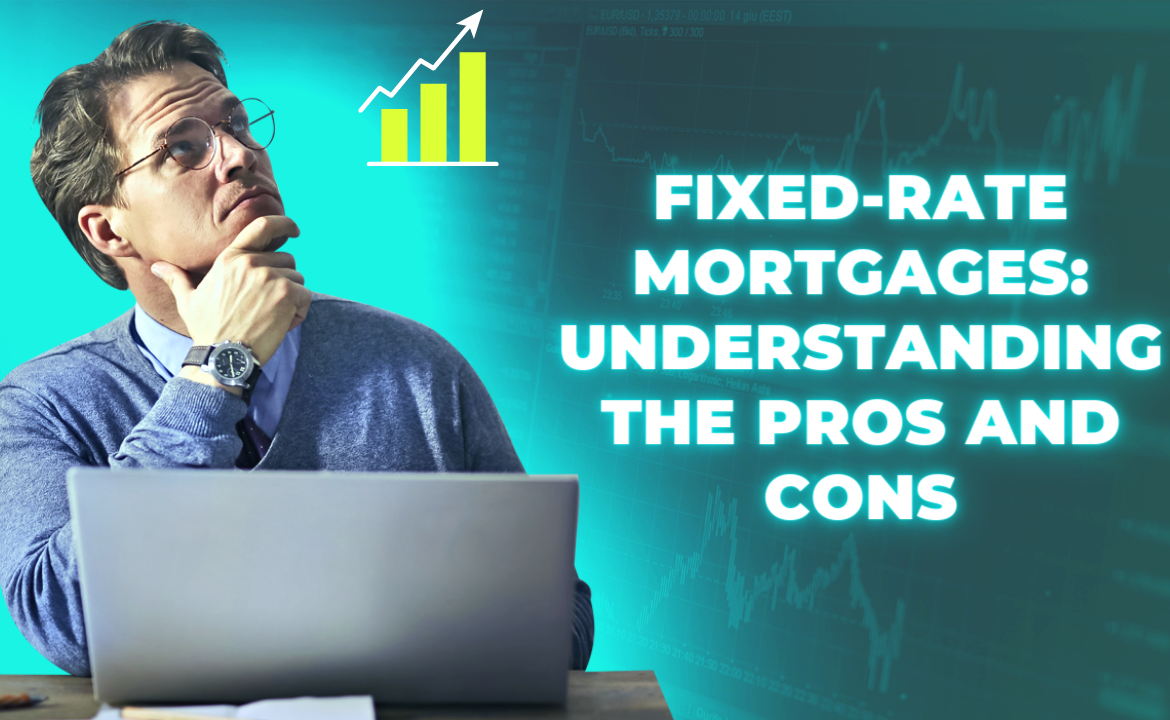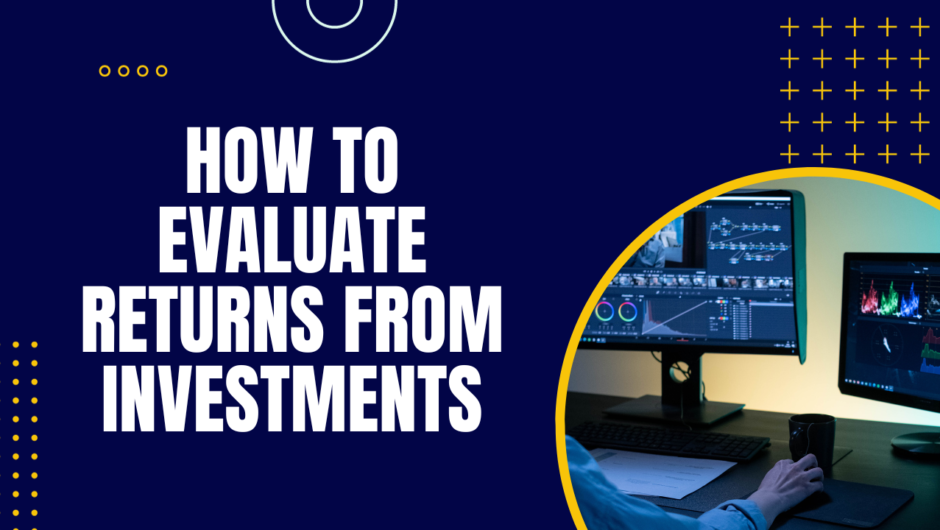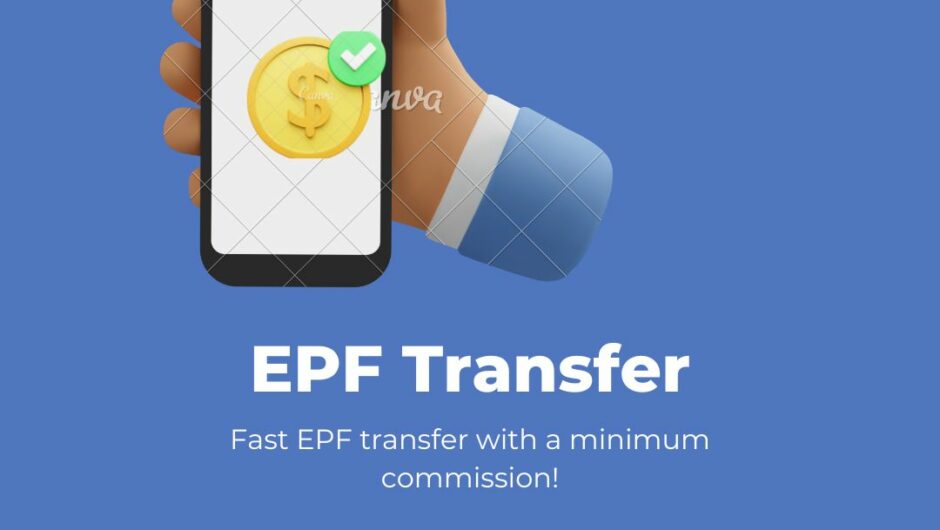Fixed-rate mortgages offer the advantage of consistent payments throughout the loan term, making it easier to budget and plan for the future. However, they typically come with higher interest rates than adjustable-rate mortgages and may not be the best choice for those who plan to sell their home or refinance in the near future. Additionally, borrowers may miss out on potential savings if interest rates decrease during the loan term.
Introduction to Fixed-Rate Mortgages
Fixed-rate mortgages are a type of home loan where the interest rate remains the same throughout the loan term, usually 15 or 30 years. This means that the monthly payment amount remains constant, providing predictability and stability for borrowers. Fixed-rate mortgages are a popular choice for many homebuyers due to their simplicity and ease of budgeting. However, like any financial product, fixed-rate mortgages have their advantages and disadvantages that should be carefully considered before making a decision.
Pros of Fixed-Rate Mortgages
- Consistent Payments: With fixed-rate mortgages, borrowers can count on a consistent monthly payment amount throughout the loan term, making it easier to budget and plan for the future.
- Protection Against Rate Increases: Unlike adjustable-rate mortgages, fixed-rate mortgages provide protection against rising interest rates, meaning borrowers will not have to worry about increasing monthly payments.
- Simplicity: Fixed-rate mortgages are straightforward and easy to understand, making them a popular choice for first-time homebuyers and those who prefer a more straightforward financial product.
- Peace of Mind: Knowing that your interest rate and monthly payment will not change provides peace of mind, allowing borrowers to focus on other financial goals and responsibilities.
- Long-Term Savings: With a fixed-rate mortgage, borrowers can potentially save money over the long term by avoiding higher interest rates associated with adjustable-rate mortgages or refinancing multiple times.
Cons of Fixed-Rate Mortgages
- Higher Interest Rates: Fixed-rate mortgages typically come with higher interest rates than adjustable-rate mortgages, which can result in higher monthly payments and more interest paid over the life of the loan.
- Missed Savings Opportunities: Borrowers with fixed-rate mortgages may miss out on potential savings if interest rates decrease during the loan term, as they are locked in at a higher rate.
- Longer Breakeven Period: Refinancing a fixed-rate mortgage may take longer to reach the breakeven point compared to refinancing an adjustable-rate mortgage, which can delay potential savings.
- Limited Flexibility: Fixed-rate mortgages offer limited flexibility in terms of payment options and may come with prepayment penalties, making it difficult for borrowers to pay off their loan early.
- Not Ideal for Short-Term Homeownership: Fixed-rate mortgages may not be the best choice for those who plan to sell their home or refinance in the near future, as they can be more expensive and may not provide enough flexibility for short-term homeownership.
Factors to Consider When Choosing a Mortgage
When choosing a mortgage, there are several factors to consider, including:
- Interest Rates: Interest rates can significantly impact monthly payments and the total amount paid over the life of the loan. Borrowers should compare rates from different lenders to find the best option for their financial situation.
- Loan Term: The loan term, or the length of time to repay the loan, can also affect monthly payments and total interest paid. Shorter loan terms typically come with higher monthly payments but lower total interest paid.
- Down Payment: The amount of the down payment can impact the loan amount and interest rate. Borrowers who can afford a larger down payment may be able to secure a lower interest rate and lower monthly payments.
- Closing Costs: Borrowers should also consider the closing costs associated with the loan, which can include fees for origination, appraisal, and title search. These costs can add up and should be factored into the overall cost of the loan.
- Credit Score: A borrower’s credit score can also affect the interest rate and loan terms offered by lenders. Borrowers with higher credit scores may be able to secure better loan terms.
- Future Plans: Borrowers should consider their future plans, including how long they plan to stay in the home and if they may need to refinance or sell in the near future. These factors can impact the choice of mortgage and loan terms.
- Prepayment Penalties: Some mortgages come with prepayment penalties if the borrower pays off the loan early. Borrowers should be aware of these penalties and consider if they plan to pay off the loan early or refinance in the future.
Conclusion: Is a Fixed-Rate Mortgage Right for You?
Whether a fixed-rate mortgage is right for you depends on your individual financial situation and goals. Fixed-rate mortgages offer the advantage of consistent payments and protection against rising interest rates, making them a popular choice for those who value stability and predictability.
However, fixed-rate mortgages may not be the best choice for everyone. Higher interest rates, limited flexibility, and missed savings opportunities are some of the disadvantages to consider. Borrowers should carefully weigh the pros and cons of a fixed-rate mortgage and consider factors such as interest rates, loan term, down payment, and future plans before making a decision.
Ultimately, the right mortgage will depend on your personal financial situation and goals. It may be helpful to consult with a financial advisor or mortgage professional to determine the best option for your needs.
Also Read:
- Conditional Mortgage Approval: Tackling The Common Questions
- How Much Is Life Insurance In Canada?
- What are financial smart goals?
- WHAT ARE THE 5 STEPS OF FINANCIAL PLANNING?

Hello, I am Tanisha Kriplani, graduated in computer science from Delhi University. I am passionate about web content writing and have a strong interest in Data Analytics and Data Engineering.












